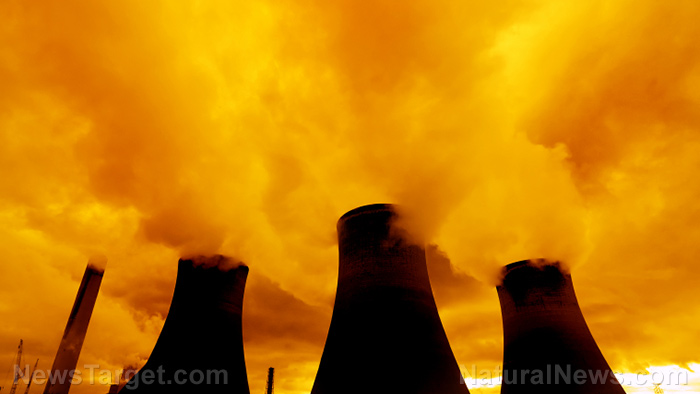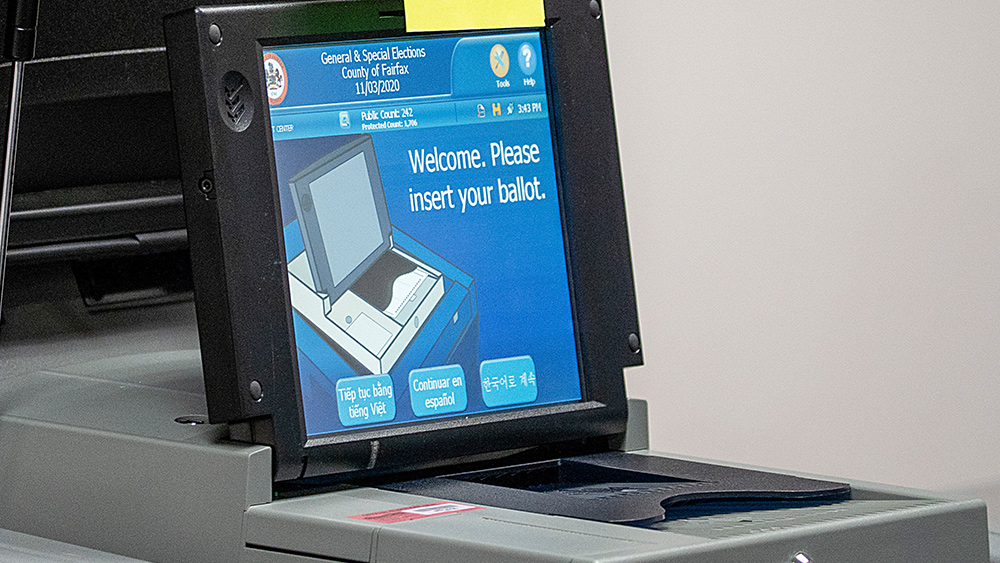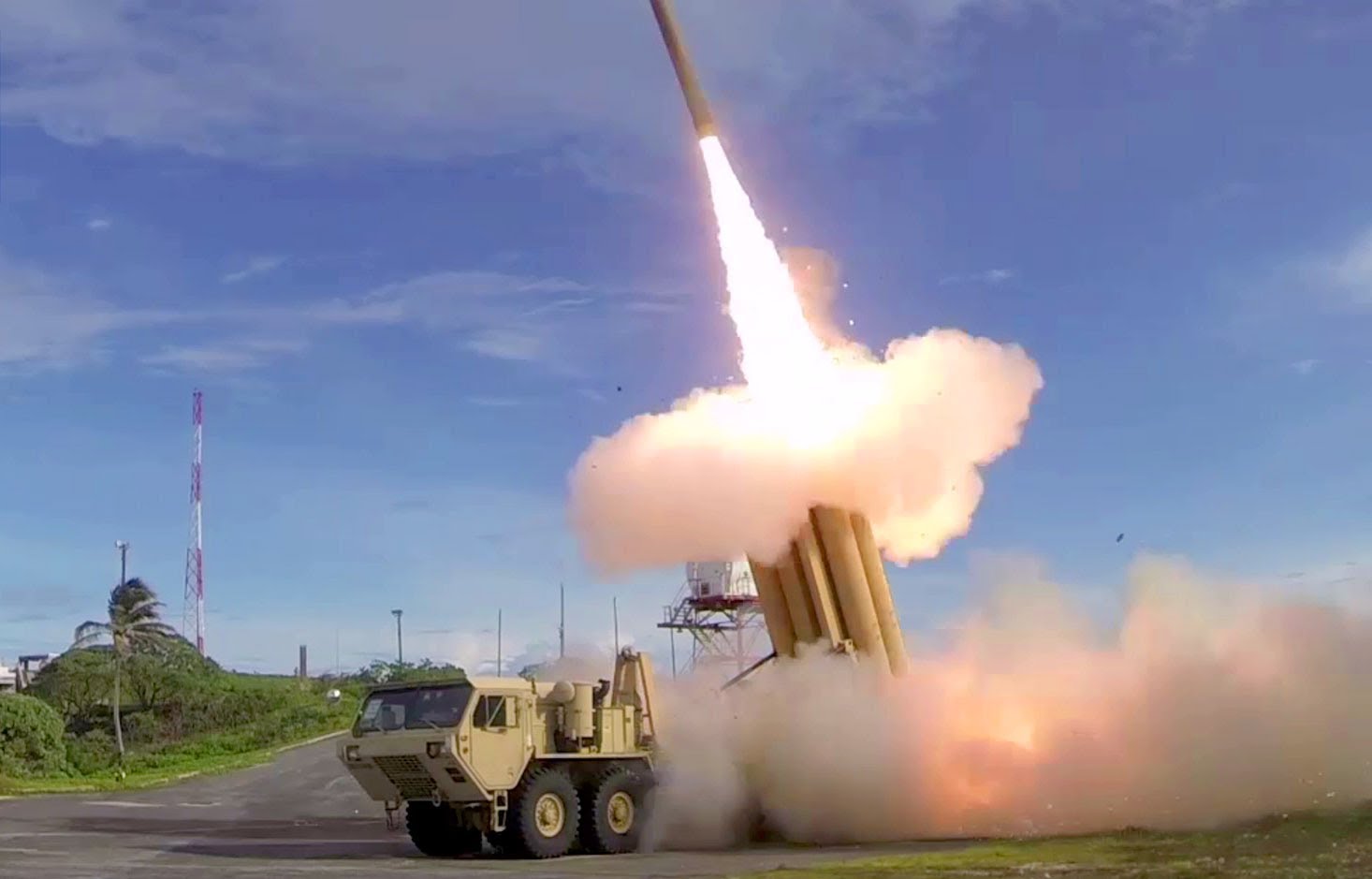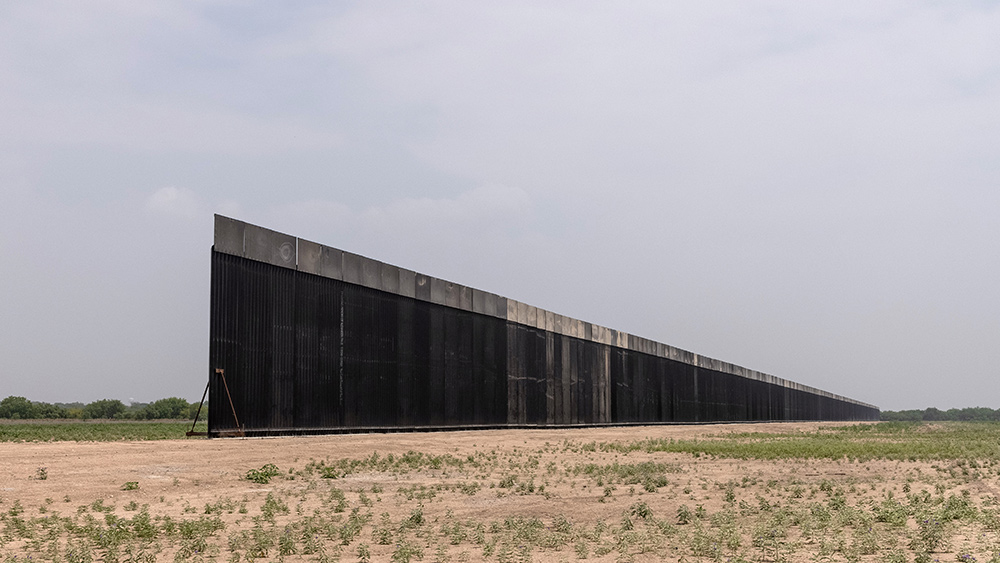China faces gas shortage as Beijing seeks to conserve coal, diesel and other fossil fuels
11/03/2021 / By Mary Villareal

Just two days after Beijing imposed price controls on its coal rationing, the country is facing another crisis: gas shortage. Many stations across the country are running out of diesel due to supply constraints.
As the Chinese economy aggressively reopened following the Wuhan coronavirus (COVID-19) shutdowns, the supply of fossil fuels started to dwindle amidst the “green” crackdown and supply bottlenecks. Demand for thermal power also soared to an all-time high.
While Beijing sought to conserve coal, diesel and other fossil fuels, consumers and gas stations in some provinces had to deal with empty pumps for days due to the constraints and the booming demand for coal transportation and diesel supplies. With no gas to sell, station owners had to ration what is available at their disposal.
“Each customer can only buy a fixed amount because there isn’t enough at the moment,” an employee from a gas station in Shijiazhuang said. Another employee from a different gas station noted that the diesel price increased recently.
Han Xiaoping, chief analyst at energy industry website China5e.com, noted that the diesel price hike is driven by demand due to booming transportation of bulk cargo, which has now entered its peak season. “Some factories have also increased their use of diesel to generate electricity to complete orders amid tight power supplies,” he said.
China relies on imports for most of its crude oil, making its energy market vulnerable to supply shocks that can ripple across its entire economy.
The good news, according to Han, is that at the very least China will make it through what’s expected to be a cold winter. “The tight situation is expected to be a temporary one that will be largely eased after the heating season this winter,” Han said.
Truck drivers bear the brunt of diesel price hike
The diesel crisis also hit the cargo business, especially smaller operators with limited cash flow. An employee from a logistics company based in Qingdao in Eastern China said that they had to turn down new orders that involve long-distance transport due to the skyrocketing diesel prices.
Truck drivers are sensitive to diesel prices because they bear the brunt of price changes. The price for domestic refined oil soared in October, and the domestic 92-octane gasoline price stands at 9,062 yuan per ton – a monthly increase of 19.07 percent as per industry data.
Oil prices have also continuously hit multi-year highs, with Brent crude hitting $86.70 a barrel – the highest since October 2018. (Related: Oil price jumps to over $80 per barrel due to energy supply shortages.)
With 70 percent reliance on imports, the Chinese oil market is vulnerable to international market changes. The National Development and Reform Commission issued a notice recently that raised gasoline prices by 300 yuan per ton and 290 yuan per ton for diesel.
Diesel continued to drain at a rapid rate, with estimated stockpiles at their lowest in at least a year. Some local pump stations are even limiting sales to trucks to 100 liters per vehicle.
To stabilize supplies, state-run refining companies like Sinopec increased the monthly distribution of domestic diesel by a monthly average of 20 percent compared to the previous three quarters. They plan to continue to increase distribution by 18 percent more to ensure domestic diesel supplies.
Sengyick Tee, an analyst with Beijing-based SIA Energy, said: “The Chinese government cannot afford a diesel crisis after power shortages and sky-high gas prices. State refiners need to fill the huge supply gap.”
Read more about how diesel and other fossil fuel shortages are affecting the economy at Bubble.news.
Sources include:
Submit a correction >>
Tagged Under:
big government, bubble, China, energy demand, energy supply, gas prices, gas production, global economy, heating fuel, natural gas, natural gas exports, power, power grid, products, risk, shortage
This article may contain statements that reflect the opinion of the author
RECENT NEWS & ARTICLES
COPYRIGHT © 2017 NATIONAL SECURITY NEWS






















